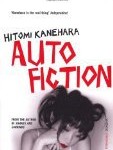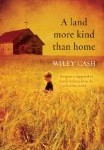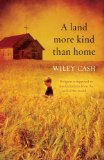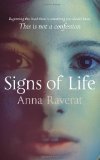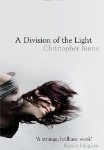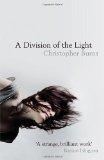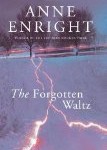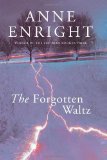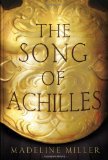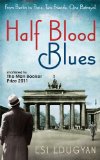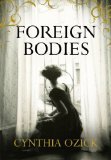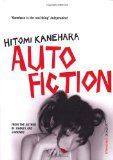 Translated from the Japanese by David James Karashima
Translated from the Japanese by David James Karashima
Five words from the blurb: love, disturbed, woman, sinister, meaning
I love Japanese fiction and so snapped up this book when I saw it in my local library. The title refers to the practice of writing fictional autobiographies and so it is hard not to think about how much of this book has been experienced by the author. I’m hoping that Rin and Shin, the couple described in this book, are entirely fictional and that the meta-fictional elements are clever plot devices rather than descriptions of real events.
Rin is deeply in love with her husband, but she is paranoid that something will destroy their happiness. On the way home from their honeymoon she begins to suspect that her husband is flirting with a flight attendant. Her thoughts quickly escalate until she is certain her blissful life is over. The book then travels backwards in time, revealing the reasons for her overactive imagination.
I often imagine that people are trying to kill me. And by doing so, I can turn every day into a fight for survival. Nobody has a time or place where they are free from the danger of death. People forget that. People live their lives with the basic assumption that they will still be alive the day after. I can’t live like that. A plane might come crashing into me at any moment and kill me. A truck might smash into me or I might suffer a heart attack, a stroke or even a subarachnoid haemorrhage. So I’m always standing face to face with the prospect of imminent death.
I had mixed feelings about this book. I found the first and last chapters to be totally engrossing. It was fascinating to see inside Rin’s disturbed mind and by the end I understood why she had these feelings.
The central chapters were less appealing. I found her meandering thoughts difficult to engage with and felt that whole sections added nothing to the reading experience.
The writing was easy to read and, unlike a lot of similar Japanese fiction, wasn’t unnecessarily dark or scary. Some scenes could be described as emotionally disturbing, but there wasn’t any gore or graphic violence.
This is a short book, but it is an interesting addition to the field of literature that looks into the paranoid mind.
Recommended to fans of Japanese literature.

.
Have you read anything written by Hitomi Kanehara?
Is her debut novel, Snakes and Earrings, similar to this?
